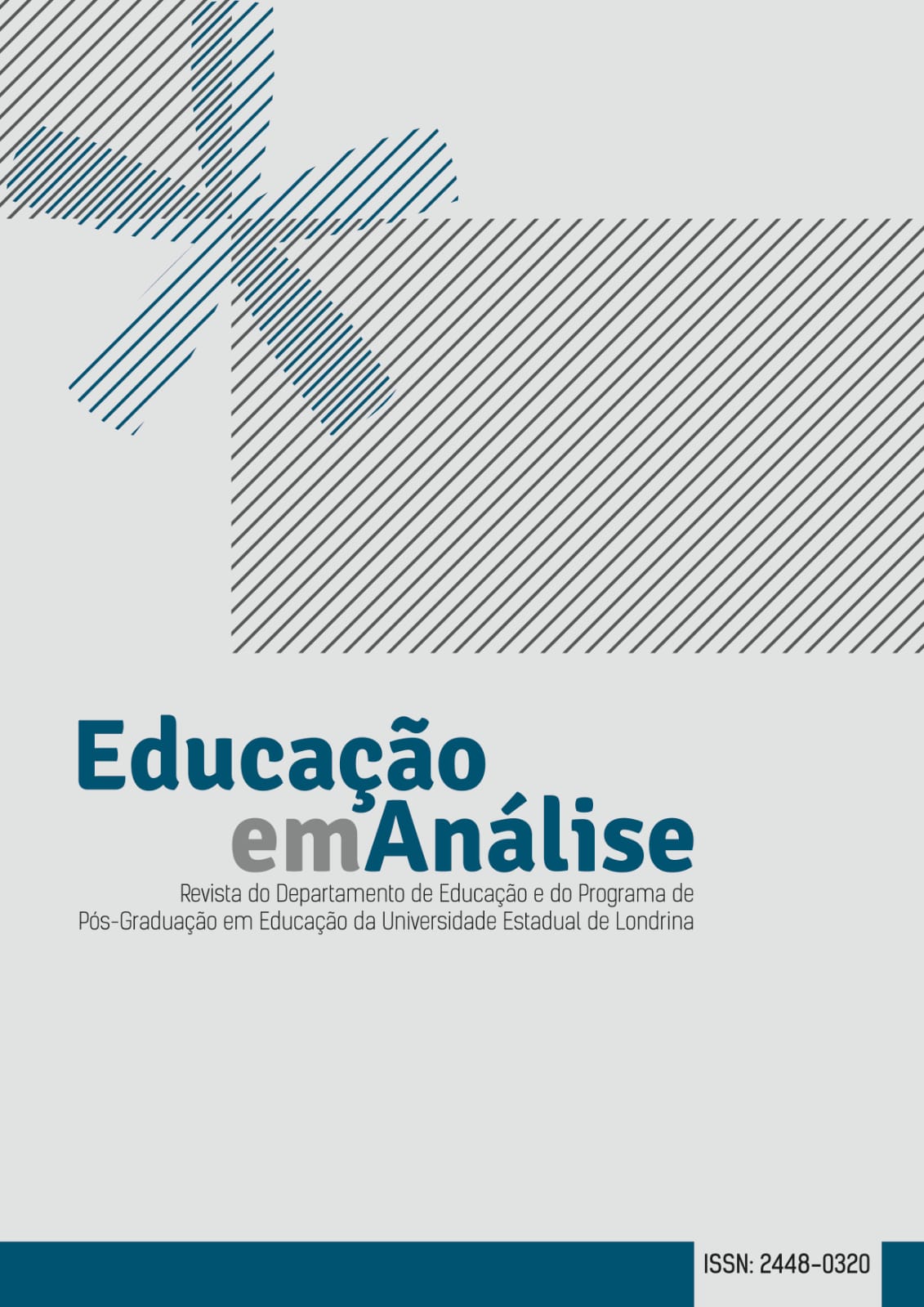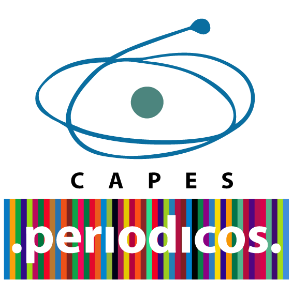Constance Kamii's legacy to brazilian education
DOI:
https://doi.org/10.5433/1984-7939.2022v7n2p300Keywords:
Genetic epistemology, moral development, Constance KamiiAbstract
This bibliographical and documentary study aims to present part of the trajectory of Constance Kamii, a renowned scientist, a collaborator of Jean Piaget, her works and publications in Brazil. Taking the construction of knowledge as a reference, Kamii dedicated herself to school education, carrying out theoretical-practical investigations with implications based on Piagetian theory. She studied Piaget's work in depth and worked experimentally in the classroom. It affected the teaching of arithmetic in kindergarten and in the early years of elementary school by finding, through research, that the early teaching of algorithms hinders the development of children's number sense. She presented ways to improve teaching in the classroom, based on a scientific theory and explaining how children acquire intellectual and moral knowledge and autonomy. For Kamii, the starting point of all learning is the subject itself, the child is the protagonist, is active, compares, excludes, orders, categorizes, reformulates, proves, formulates hypotheses, reorganizes... Thanks to Kamii and Piaget, today we know that the processes that lead to elementary mathematical notions do not involve memorization or mechanical activities of reproduction. Owner of a vast body of work, she was one of the scientists who most highlighted, promoted and adapted Piaget's thinking to education.
Downloads
References
CAMARGO, Ricardo Leite; BRONZATTO, Mauricio. A reinvenção da aritmética pelas crianças: implicações pedagógicas da teoria piagetiana propostas por Constance Kamii para a aprendizagem de matemática. Revista Educação e Cultura Contemporânea, Rio de Janeiro, v. 16, n. 42, p. 370-394, 2019.
KAMII, Constance; DE VRIES Rheta. A criança e o número: implicações educacionais da teoria de Piaget para a atuação junto a escolares de 4 a 6 anos. Tradução Regina A. de Assis. Campinas: Papirus, 1983.
KAMMI, Constance; LIVINGSTON, Sally Jones. Desvendando a aritmética: implicações da teoria de Piaget. Tradução Marta Rabioglio. Campinas: Papirus, 1995.
KAMII, Constance; JOSEPH, Linda Leslie. Crianças pequenas continuam reinventando a aritmética (séries iniciais): implicações da teoria de Piaget. Tradução Vinicius Figueira. 2.ed. Porto Alegre: Artmed, 2005.
NOGUEIRA, Clélia Maria Ignatius; NOGUEIRA, Vitor Ignatius. O ensino de matemática no Brasil na perspectiva piagetiana: uma primeira aproximação ao estado da arte. Revista Scheme, Marília, v. 9, p. 93-130, 2017. Numero Especial.
NOGUEIRA, Clélia Maria Ignatius. Classificação, seriação e contagem no ensino do número: um estudo de epistemologia genética. Marilia: Oficina Universitária Unesp, 2007.
Downloads
Published
How to Cite
Issue
Section
License
Copyright (c) 2023 Marta Baptista Rablioglio

This work is licensed under a Creative Commons Attribution-NonCommercial 4.0 International License.
Os artigos publicados na Revista Educação em Análise estão sob a Licença Creative Commons Atribuição 4.0 Internacional, garantindo Acesso Aberto. Deste modo, os autores mantêm os direitos autorais de seus trabalhos e, em caso de republicação, solicita-se que indiquem a primeira publicação nesta revista. Essa licença permite que qualquer pessoa leia, baixe, copie e compartilhe o conteúdo, desde que a devida citação seja feita. Além disso, autoriza a redistribuição, adaptação e criação de obras derivadas em qualquer formato ou meio, incluindo uso comercial, desde que a atribuição à revista seja mantida.
A revista se reserva o direito de efetuar, nos originais, alterações de ordem normativa, ortográfica e gramatical, com vistas a manter o padrão culto da língua e a credibilidade do veículo. Respeitará, no entanto, o estilo de escrever dos autores. Alterações, correções ou sugestões de ordem conceitual serão encaminhadas aos autores, quando necessário.
As opiniões emitidas pelos autores dos artigos são de sua exclusiva responsabilidade.
























